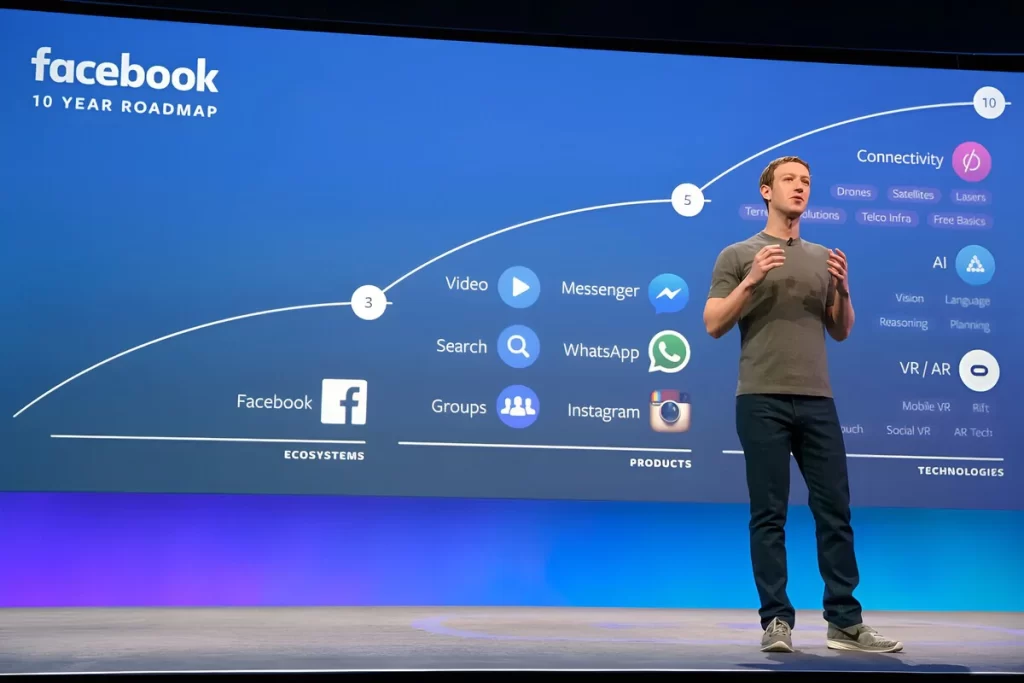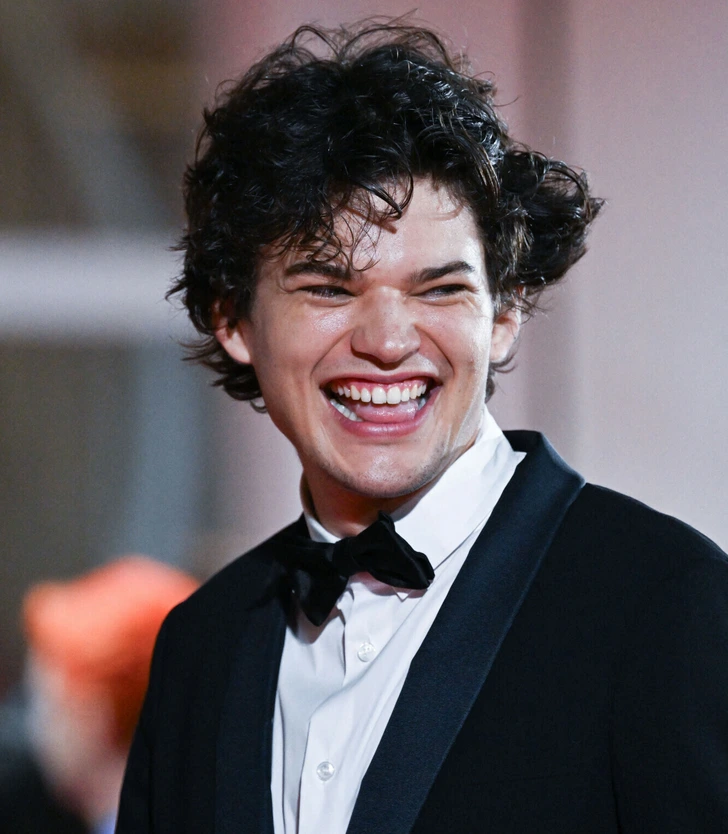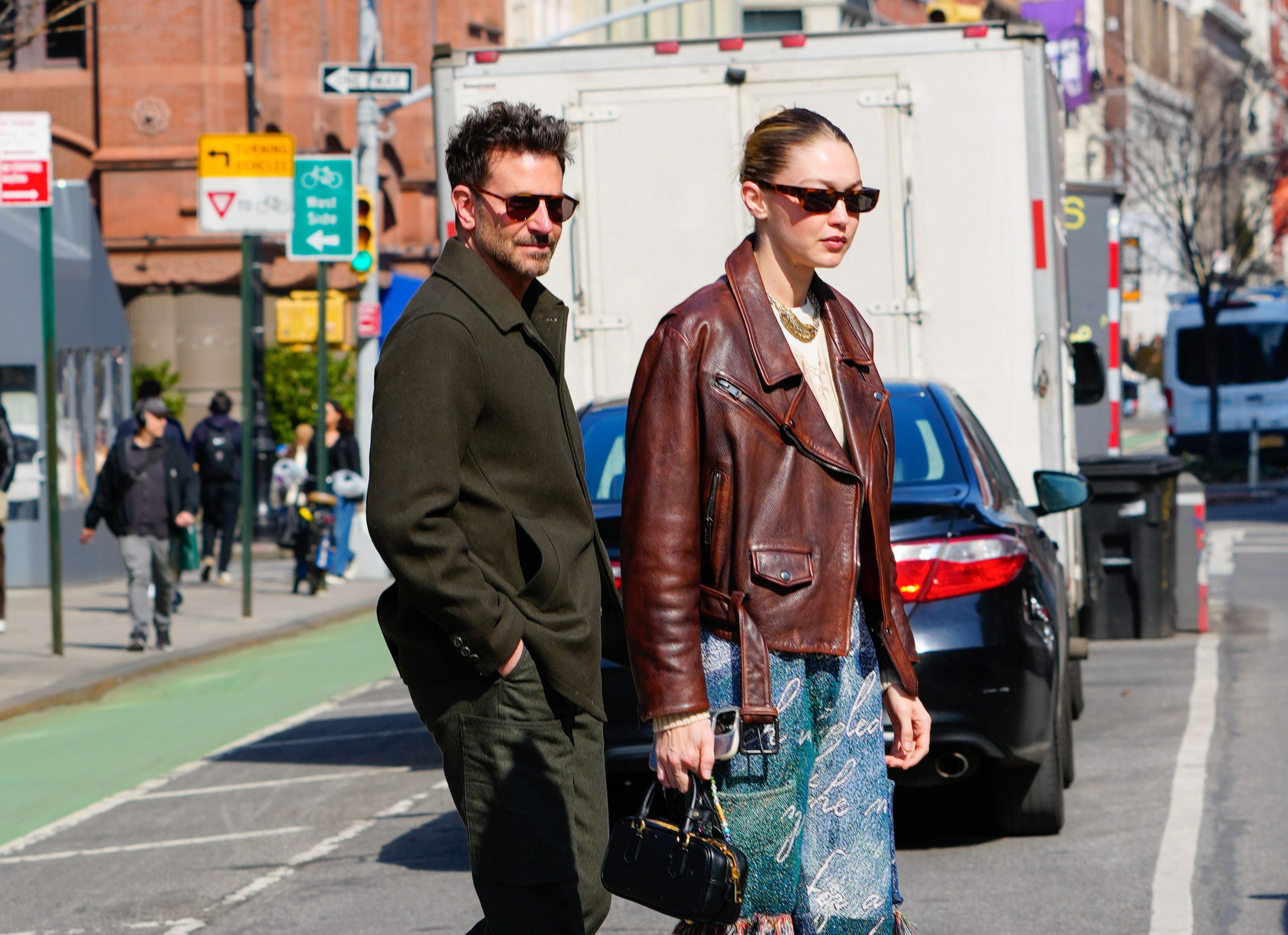An analysis of these eight years shows the plan that Facebook had for the decade between 2016 and 2026.

In 2016, during the F8 developers’ conference, Mark Zuckerberg presented the company’s future plan, which had three key pillars: connectivity, artificial intelligence (AI), and virtual/augmented reality. It was a 10-year vision.
Eight years have passed, and the company, focused on social media and the well-known messaging service WhatsApp, is succeeding in the three pillars it aimed to focus on.
Meta and Connectivity
On the one hand, regarding connectivity, Meta has made significant investments in solutions to bring the internet to more places around the world through fiber optic infrastructure. It also has strong partnerships with companies and entities in the sector.
In addition to remaining a key player in the social media and messaging space, despite the strong competition from TikTok, Meta continues to expand its reach.
Artificial Intelligence
On the other hand, when it comes to artificial intelligence, even outlets like the BBC analyzed what Zuckerberg’s vision could mean. The BBC explained that “soon you won’t only be able to talk to your phone’s voice assistant, like Siri on the iPhone, but you’ll also be able to chat with other AI programs on Facebook.”
During the F8 developers’ conference, Zuckerberg announced that he would open Messenger to allow other developers to create chatbots that interact with users. Eight years later, Meta is one of the leaders in natural language processing.
Augmented Reality
Mark Zuckerberg was optimistic about the future of virtual and augmented reality. In his opening speech at the Facebook F8 conference, Zuckerberg said the company was working on “a whole new set of social experiences” in virtual reality platforms, echoing an announcement made earlier that year.
“Virtual reality has the potential to be the most social platform because you really feel like you’re there with another person,” he said.
Looking forward to the next 10 years, Zuckerberg envisioned that virtual reality would merge with augmented reality and become part of everyday life. While it’s true that his metaverse hasn’t quite taken off or offered groundbreaking innovations to our lives, it’s noteworthy that the Reality Labs division continues to innovate, with both the Quest line and the Ray-Ban Meta glasses, as well as the recently unveiled Orion.




